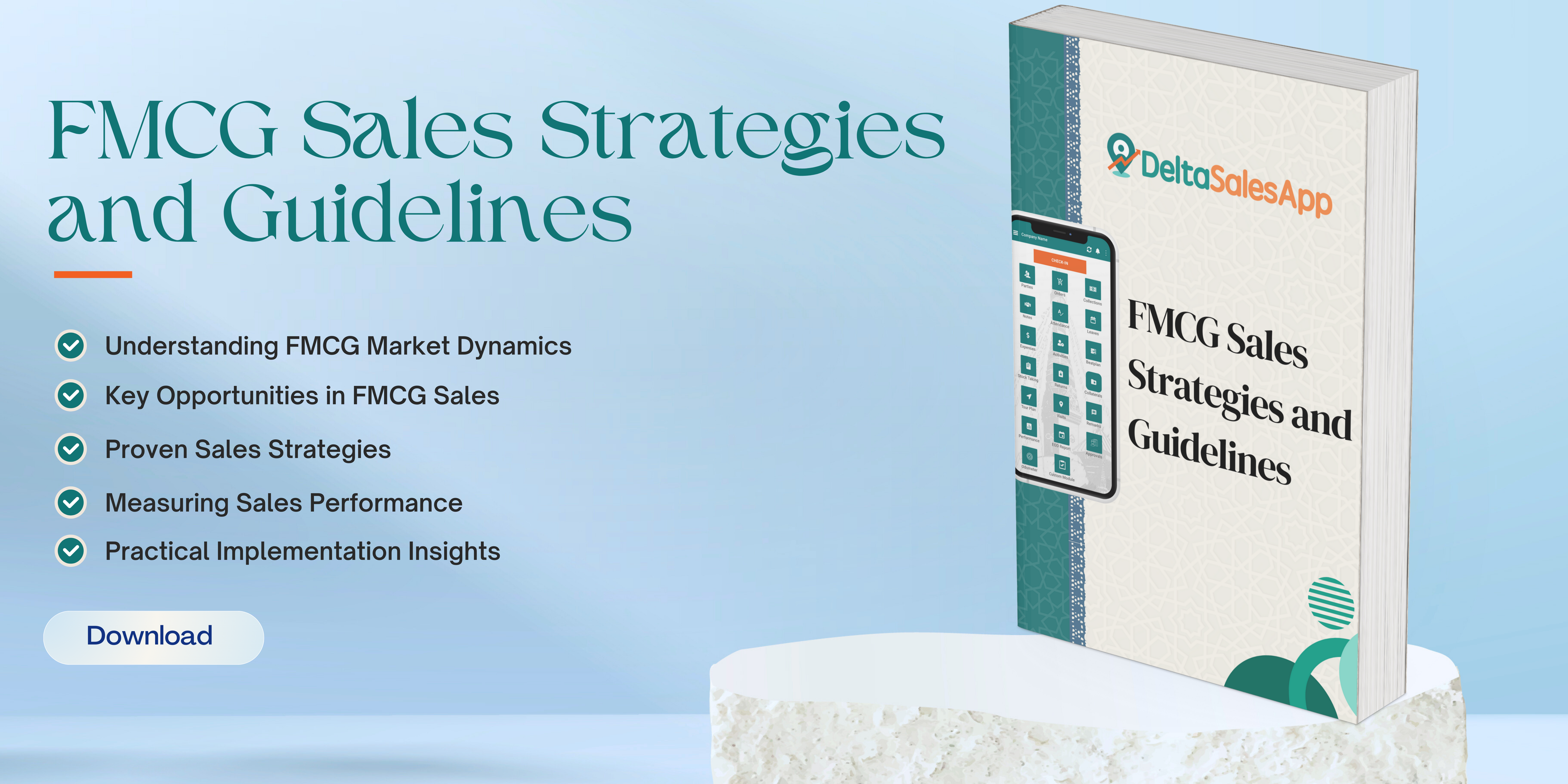Dashboard
A dashboard in a field sales application is a visual interface designed to help sales professionals and managers track, analyze, and manage sales performance effectively.
It provides real-time insights into key metrics and streamlines decision-making. Here’s what a field sales dashboard typically includes:
Key Components of a Field Sales Dashboard
Sales Performance Metrics:
Total sales achieved vs. target (daily, weekly, monthly).
Conversion rates.
Revenue by product or service.
Average deal size.
Field Activities:
Number of visits or calls made.
Follow-up tasks.
Appointment schedules and outcomes.
Geographic mapping of visits.
Pipeline and Opportunities:
Number of leads generated and their current status.
Value of open opportunities.
Aging of deals in the pipeline.
Geographic Insights:
Heatmaps showing regions with the highest sales.
Route optimization suggestions for field reps.
Customer distribution and density.
Team Performance:
Individual and team performance tracking.
Leaderboards to foster healthy competition.
Activity breakdown by each team member.
Customer Engagement:
Customer feedback and satisfaction scores.
Frequency of visits or interactions with key clients.
Retention and churn metrics.
Expense Tracking:
Travel and operational expenses incurred during fieldwork.
Comparison of expenses against allocated budgets.
Alerts and Notifications:
Missed appointments or follow-ups.
Notifications about new leads or urgent tasks.
Reminders for renewals or recurring visits.
Best Practices for Designing a Field Sales Dashboard
Keep It Simple: Focus on essential metrics that align with sales goals.
Use Visuals: Charts, graphs, and maps make data more digestible.
Real-Time Updates: Ensure the dashboard refreshes in real-time to provide up-to-date insights.
Customization: Allow users to tailor the dashboard based on their role (e.g., manager vs. field rep).
Mobile-Friendly: Ensure the dashboard is accessible on mobile devices for on-the-go usage.
Above image shows the dashboard of Delta Sales App which includes different modules like Employees, Parties, Products, Activities, Orders etc.






